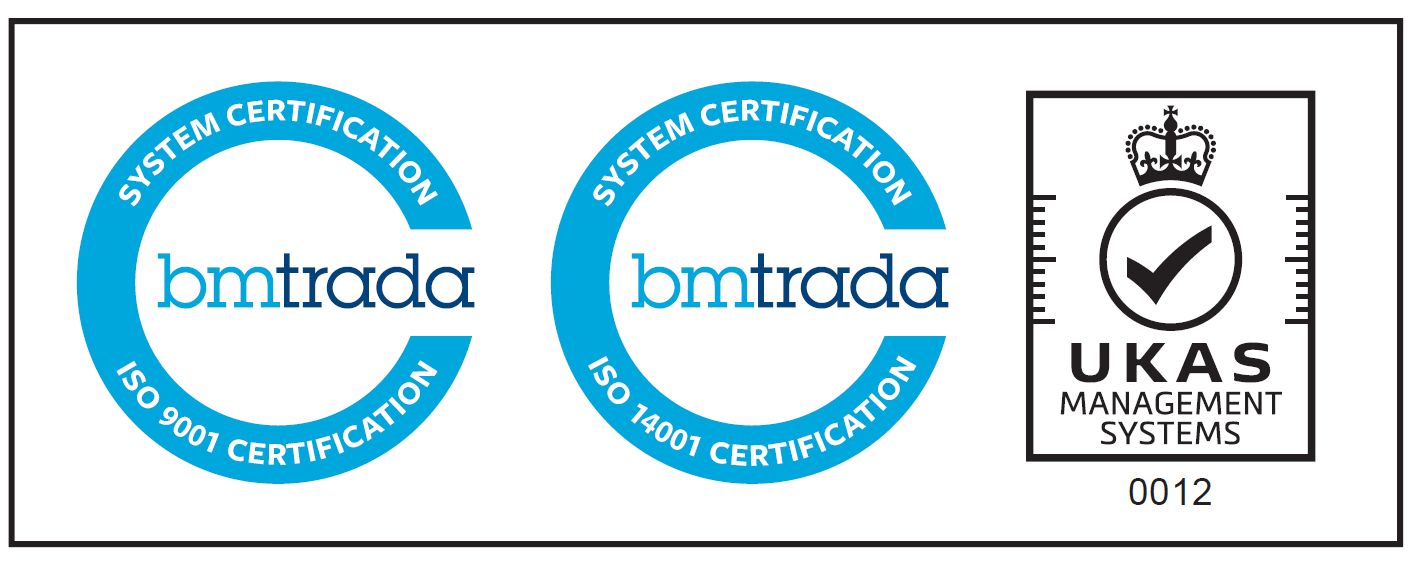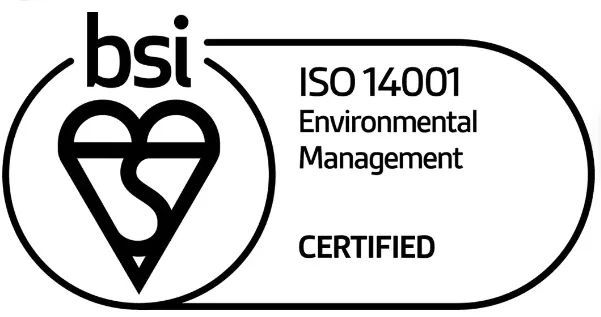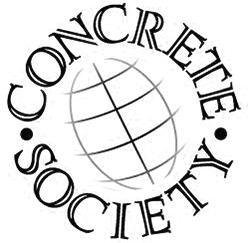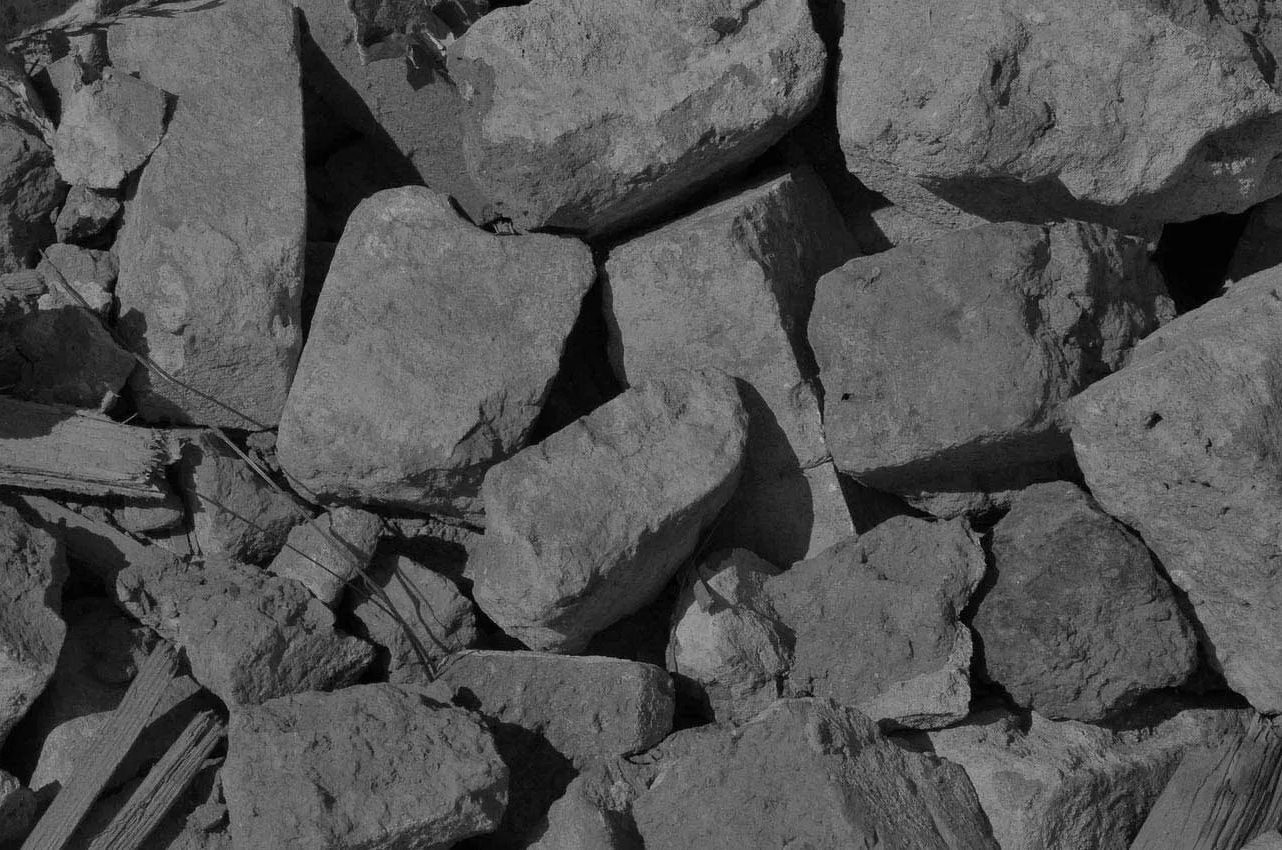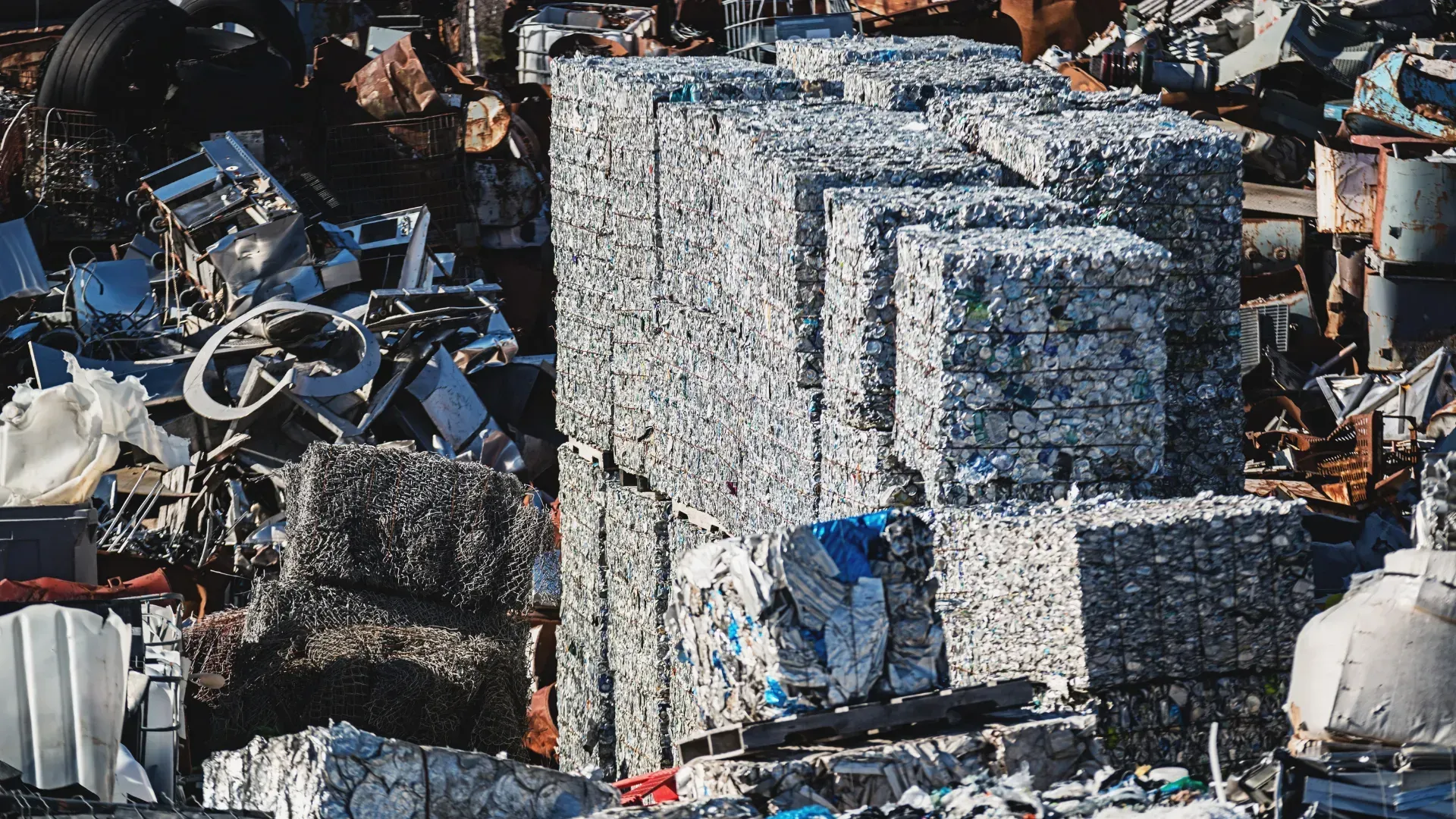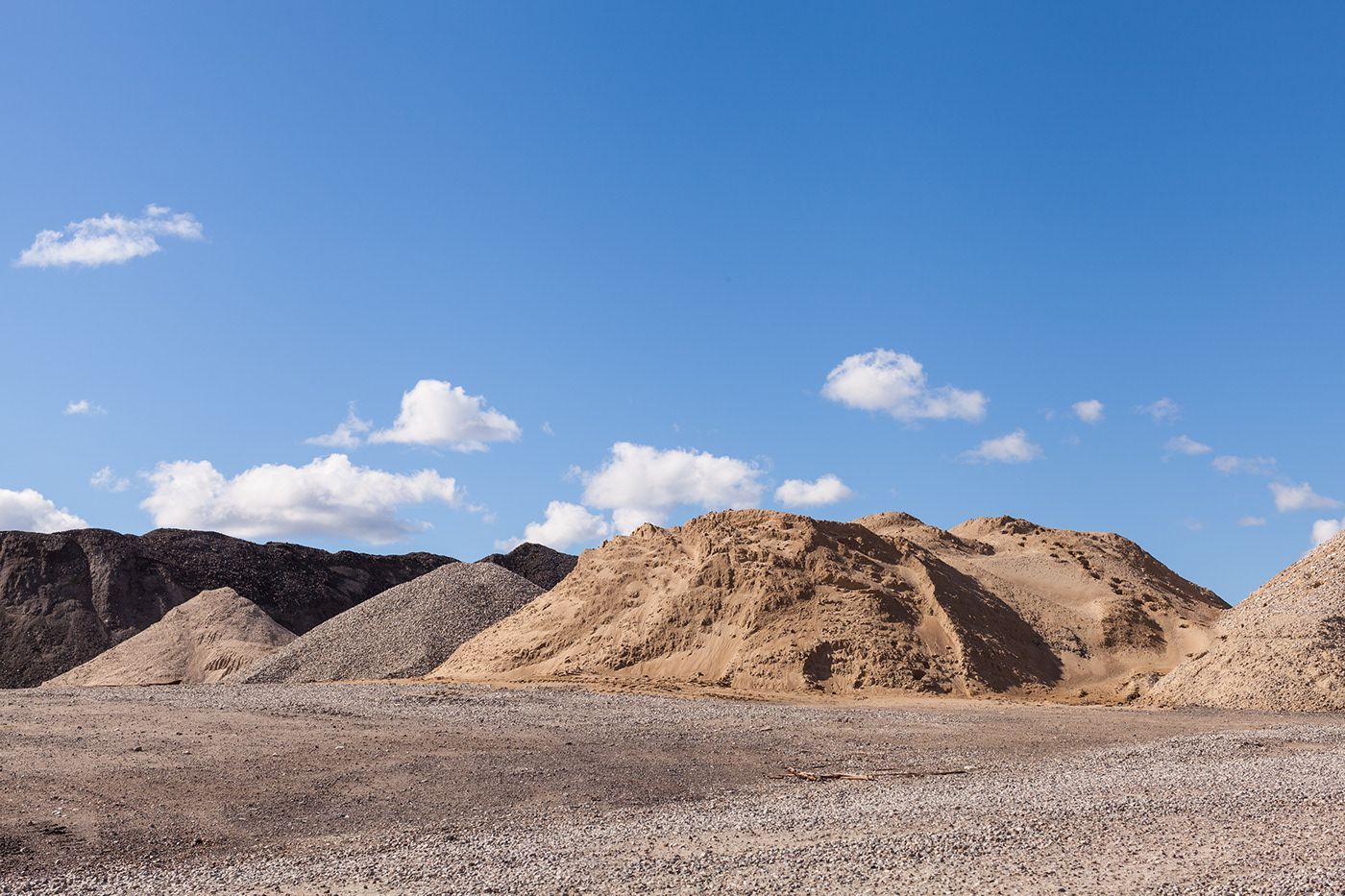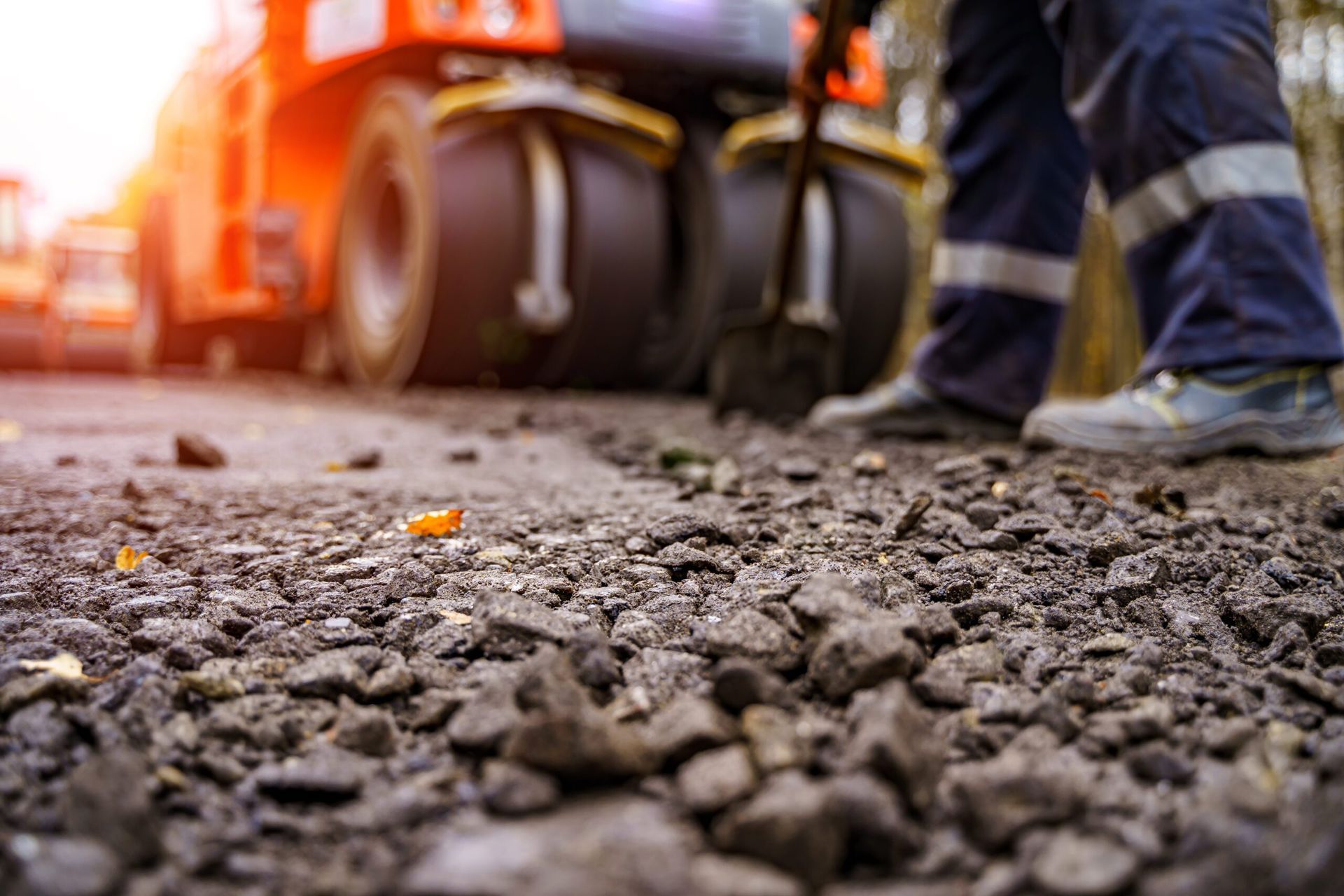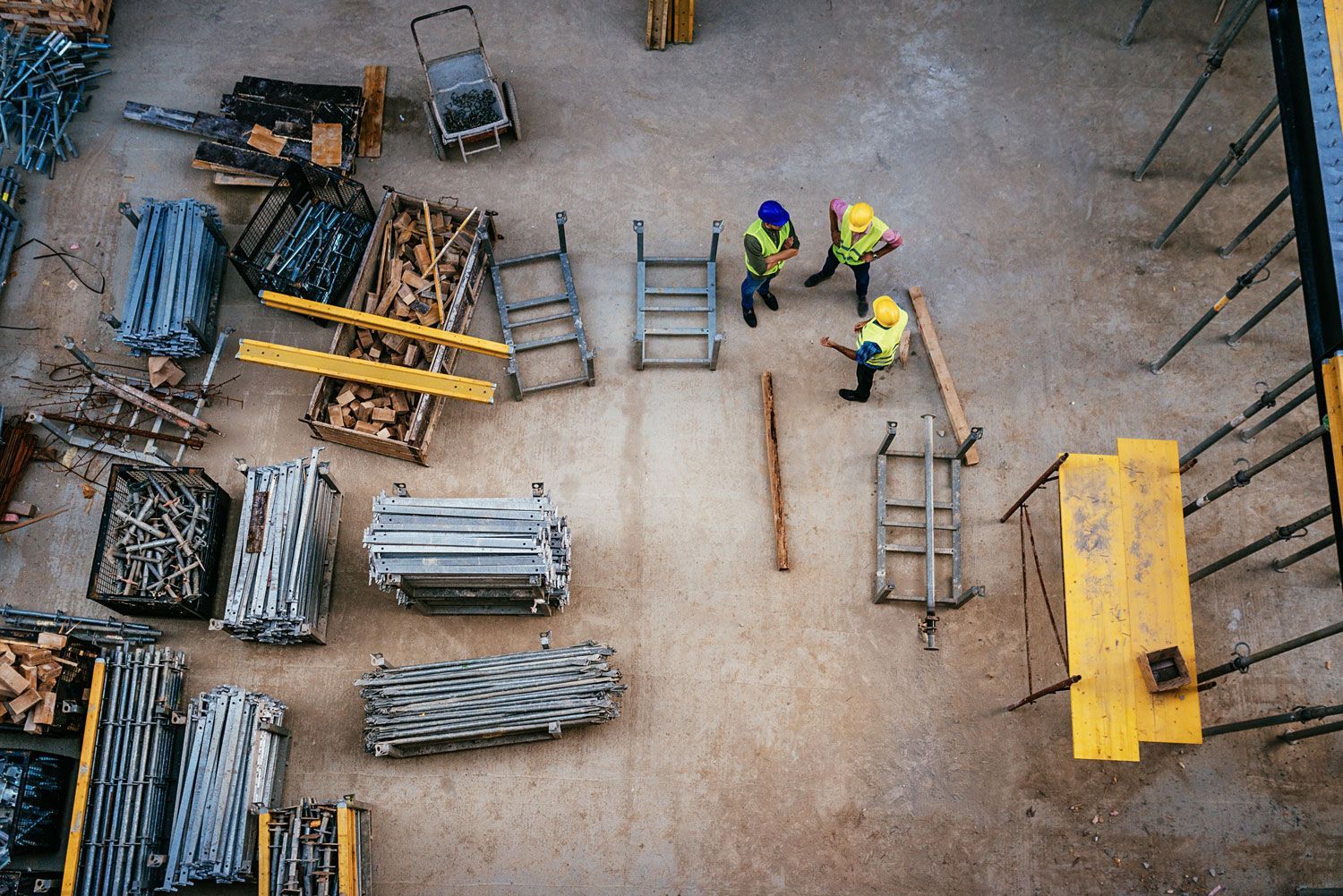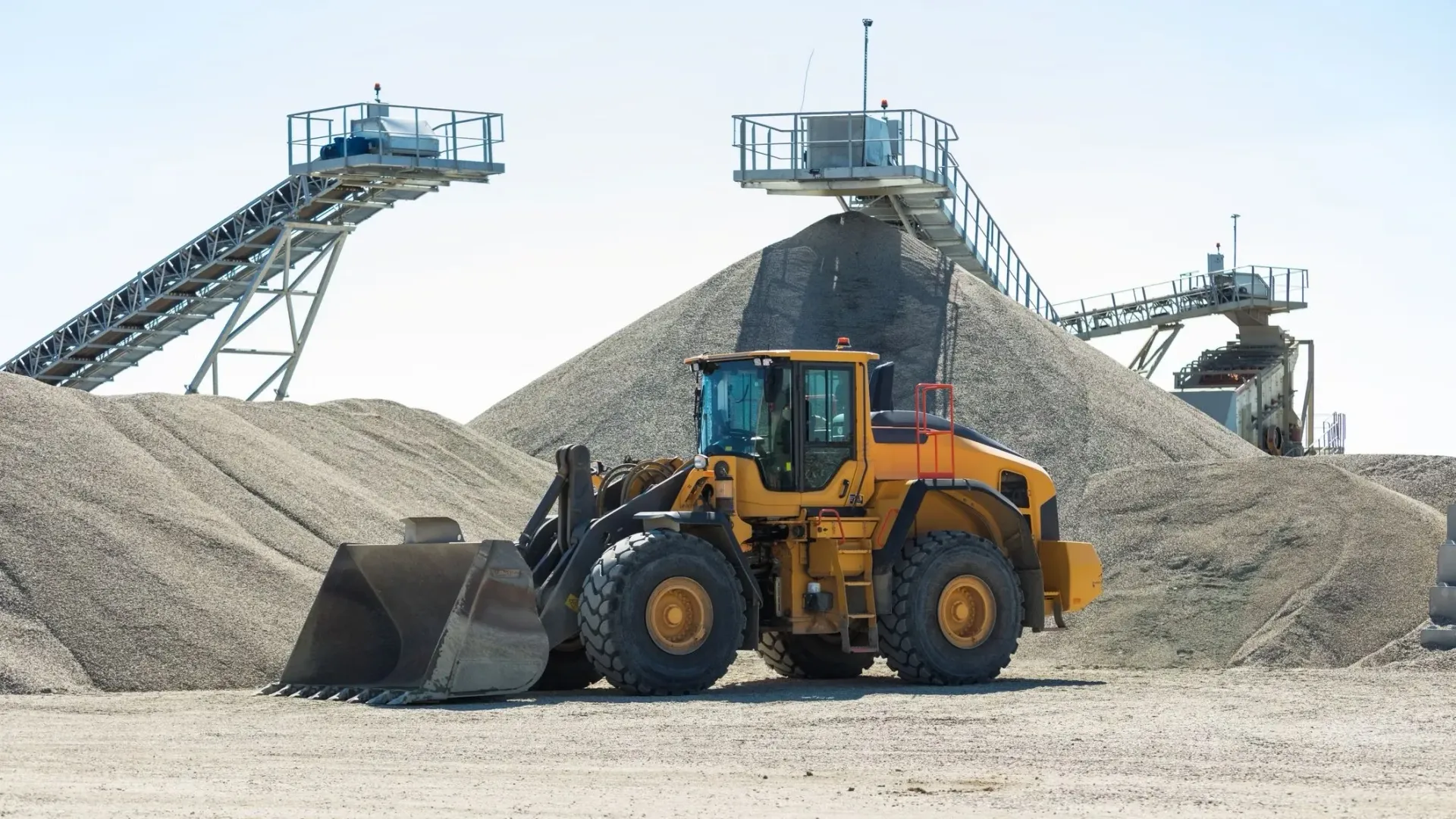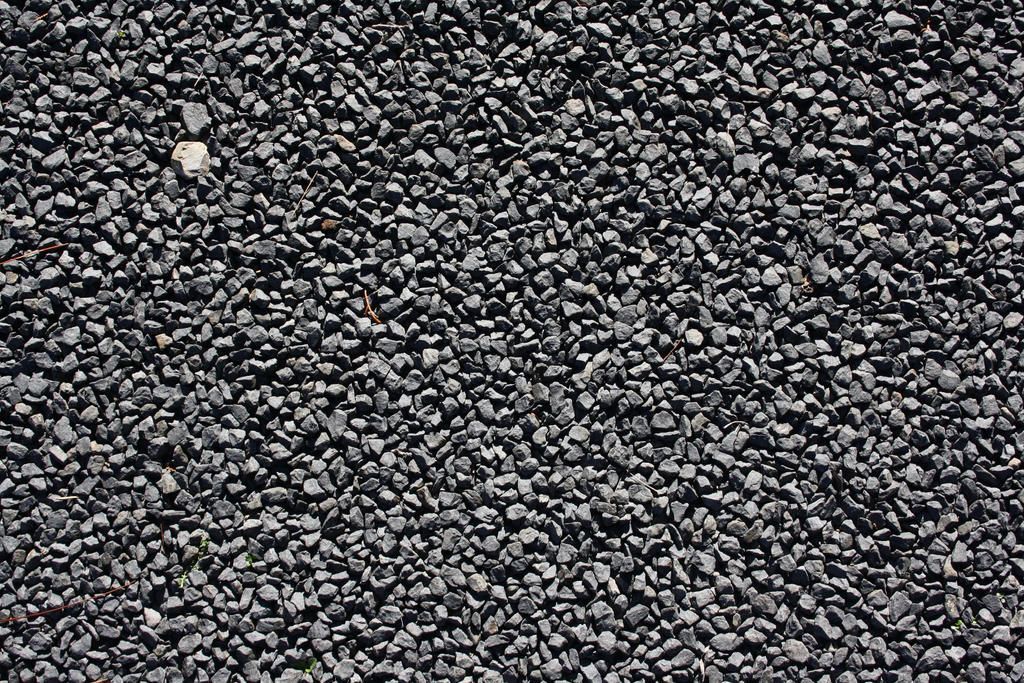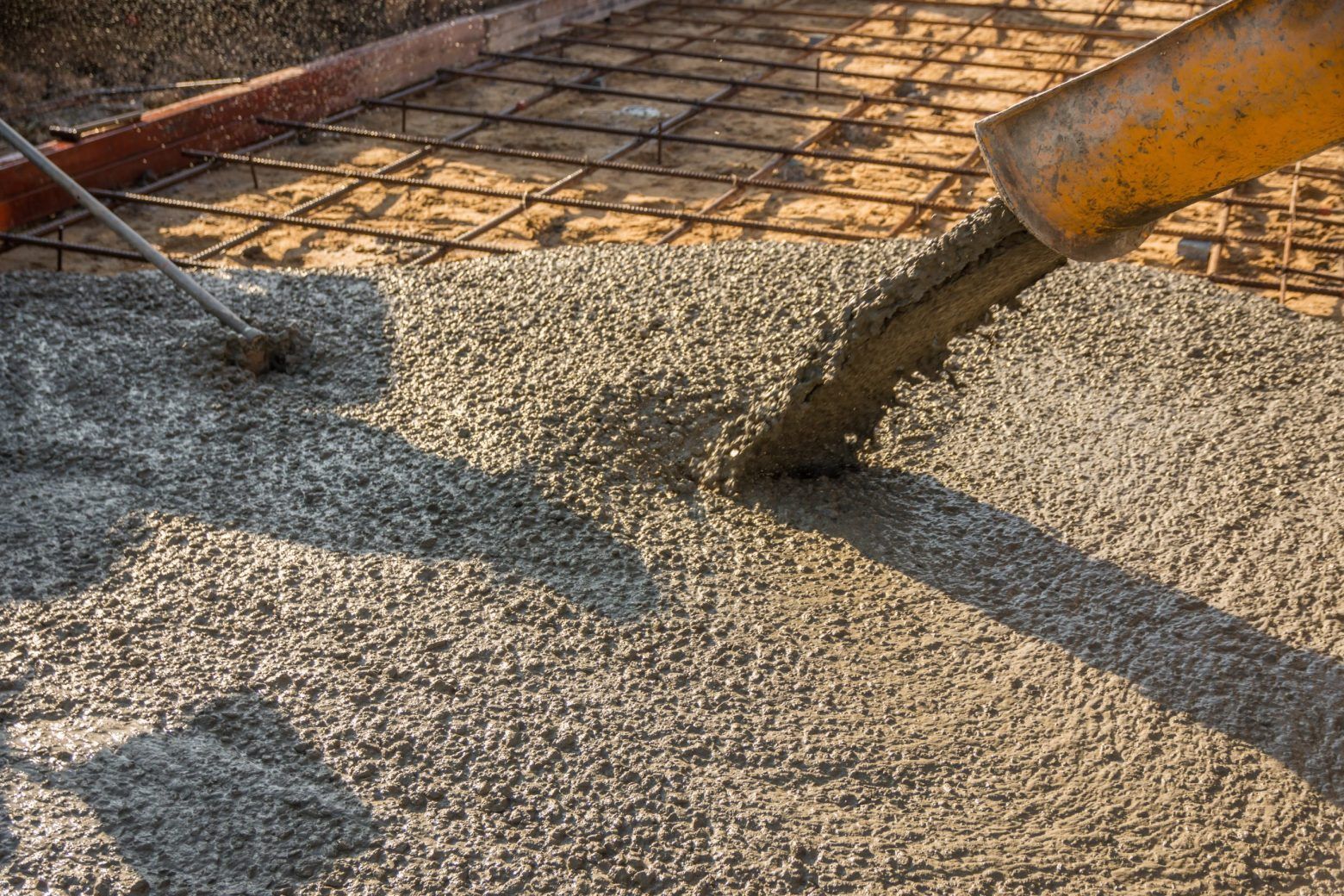A Guide to the Quarrying Process
Currently, there are over 2000 quarries dotted all across the United Kingdom. These hugely beneficial enterprises are an integral part of not only an extensive array of industries but also to the UK economy as a whole. Whether you work directly with a local quarry in your area or have never set foot near one of these gargantuan operations, you will have, to a varying degree, benefited from them.
Producing a range of minerals and aggregates for companies both around the UK and the rest of the world, the large-scale extraction of materials from the earth plays a big part in keeping our island running. However, for all of their importance, do you have an understanding of how these projects operate?
As experts in quarrying and aggregates, we at WM Thompson and Son have gained a huge level of knowledge on how the industry operates. Because of this, we thought we would put together this handy guide on how these giant operations work and how they benefit industries up and down the country.
A brief history
Throughout history, humans have required natural resources to build, develop and survive. Because of this, there is evidence of quarrying processes which date back thousands of years. For example, the gigantic, monolithic structures of Stonehenge were not sourced from the surrounding areas and were instead quarried from the Preseli Hills in Wales and then transported. Countless other sources highlight the crude digging out of rocks and materials for building throughout the centuries, as historic peoples looked for new ways to develop.
However, it wouldn’t be until the industrial revolution that quarrying would begin to grow into the hugely efficient operation that we see today.
What is the quarrying process?
To understand the quarrying process you should first know the difference between a quarry and a mine as the two are often mistaken. A quarry is a site of extraction outside, used for extracting raw materials to be used mainly in construction such as cement. Mines, on the other hand, involves underground working and usually consists of extracting smaller quantities of more valuable materials such as coal, fertiliser materials and even gold.
The quarrying process involves extracting natural materials such as rock, gravel, sand and other materials from the ground usually so they can be used as construction products. Once extracted and washed, these materials are known as aggregates - a broad category of medium-grained products.
The process of extraction to aggregate form depends on the type of material being quarried, however, similar steps are usually followed.
Step 1: By studying the geology of an area, naturally occurring materials are found and the area is assessed for its appropriateness as a quarry. Although the resources available for extraction is one of the main factors, it also needs to be a space where transport links are accessible so materials can be moved easily. Setting up a quarry is not a quick process as extensive plans will need to be made to ensure the quarry will not harm the environment or local community.
Step 2: As part of the geological assessment, samples will need to be gathered to determine if the materials are fit for use. The raw stone is then polished and its quality and colour are looked at.
Step 3: If the stone is found to be of good quality and it has been approved, the extraction process can begin. Extraction is done by breaking large chunks of the raw material to loosen them and create smaller pieces.
Step 4: Once they’ve been extracted the stone is crushed several times and sorted into similar sizes.
Step 5: The last step of the process is to have the materials transported to nearby plants and customers who require them such as construction companies.
What about recycled aggregates?
As we learn more about how we can protect the environment and make sustainable decisions, attention has turned to quarrying. Fortunately, there is a solution that can protect raw materials - recycled aggregates.
Quite simply, recycled aggregates are materials that have already been used and can be used again. Recovered from demolition sites or made from other pre-used materials, this removes the need for extracting raw materials. Recycled aggregates are still high-quality so they won’t damage your end results. Furthermore, since they have already been treated once using recycled aggregates instead of new aggregates is a favourable option as it reduces the need for additional chemical and processing. If you want to make a greener decision within your construction company, consider recycled aggregates in your work.
Here at WM Thompson & Sons, sustainability is at the forefront of our business ethos and we believe that everyone should help. We offer a range of high-quality recycled aggregates that will save you money and help you do your part for the planet. As one of the leading quarry aggregate businesses in the west of Scotland, we’ve got the experience and skills to deliver only the best service. Get in touch for more information about our products and services.
Why are quarries so important?
According to the British Geology Survey, aggregates account for approximately 85% of the non–energy minerals extracted in the UK and, are critical for the national economy. With aggregates, the construction industry would not be able to run as it does today. However, it’s also important to recognise that over the years quarrying has affected the environment, especially as materials have been extracted quicker than they have been replenished - this is where recycled aggregates come in.
Quarrying is needed for some many reasons all over the world, including:
● Employment - quarrying creates thousands of jobs for those at the quarry and nearby. Various roles include being part of the extraction team, treating the materials or transporting the materials. Since quarries are usually built in smaller, rural locations they can provide jobs to the local area and boost the economy.
● Development - without the aggregates extracted and produced by quarries, we wouldn’t be able to develop housing, roads and public spaces. These materials are used when building properties, walls, laying new roads and generally developing the country. While there are alternative materials that can be used in construction, there is still a large dependence on these raw materials.
● Restoration - if we want to protect our landmarks and historic buildings, the right kind of restoration needs to be done. In the UK, the majority of period buildings were made from limestone which can only be gathered through quarrying. So, to maintain these structures we need to be able to access the right materials.
Get in touch with the quarrying experts at WM Thompson & Son
As you can see, the quarrying process is both a fascinating and essential part of UK industry, which is why if you require the help of a quarrying company, it’s always best to get in touch with the experts. Here at WM Thompson and Son, we have spent nearly 75 years offering our specialist quarrying solutions to clients throughout Glasgow and the surrounding areas.
Offering an extensive range of high-grade services, from the best quality aggregates the region has to offer to comprehensive landfill solutions that always puts the environment at its core, you can rest assured that our team can help.
If you would like to learn more about how WM Thompson & Son can help with your project, get in touch with a member of our team today on 01389 762271 or visit our website for more information.
